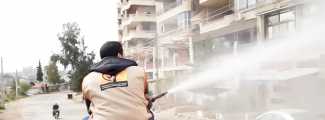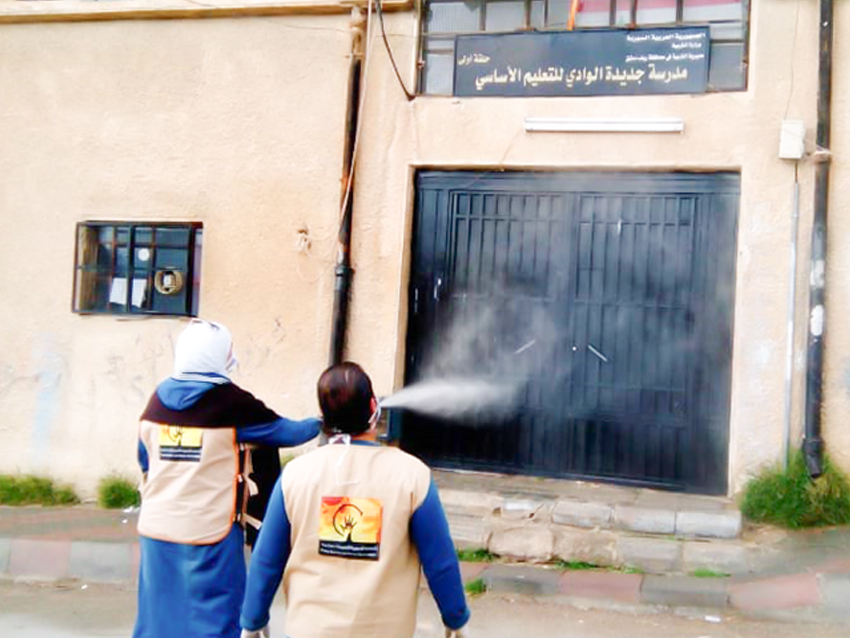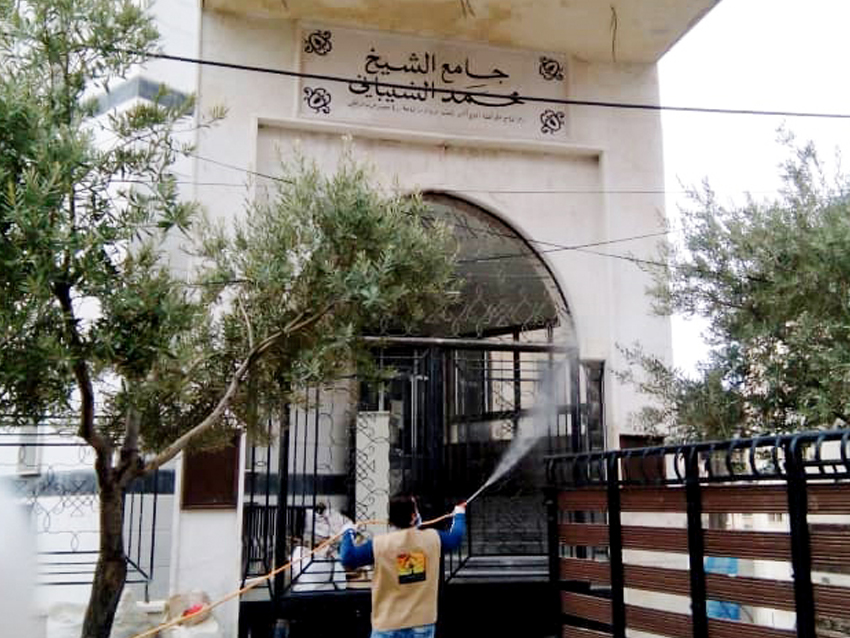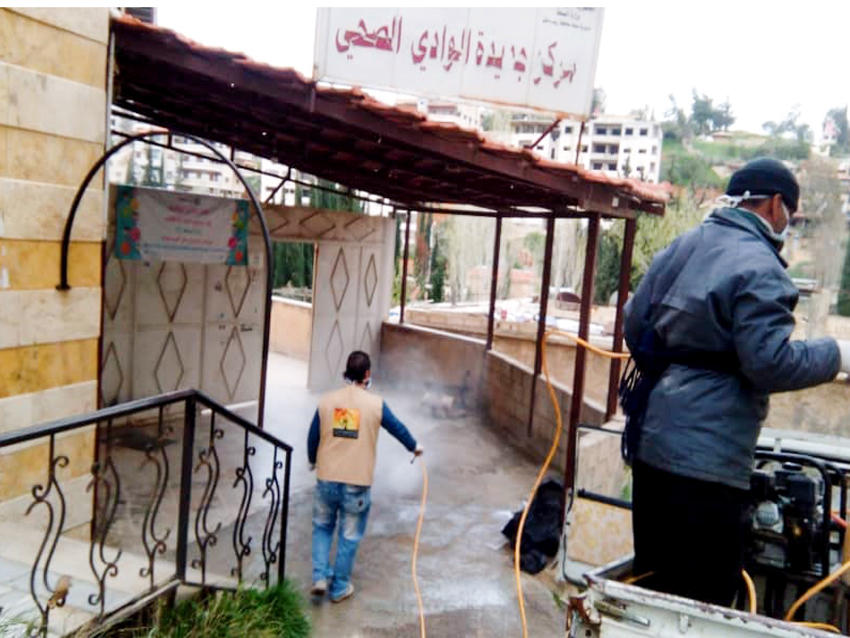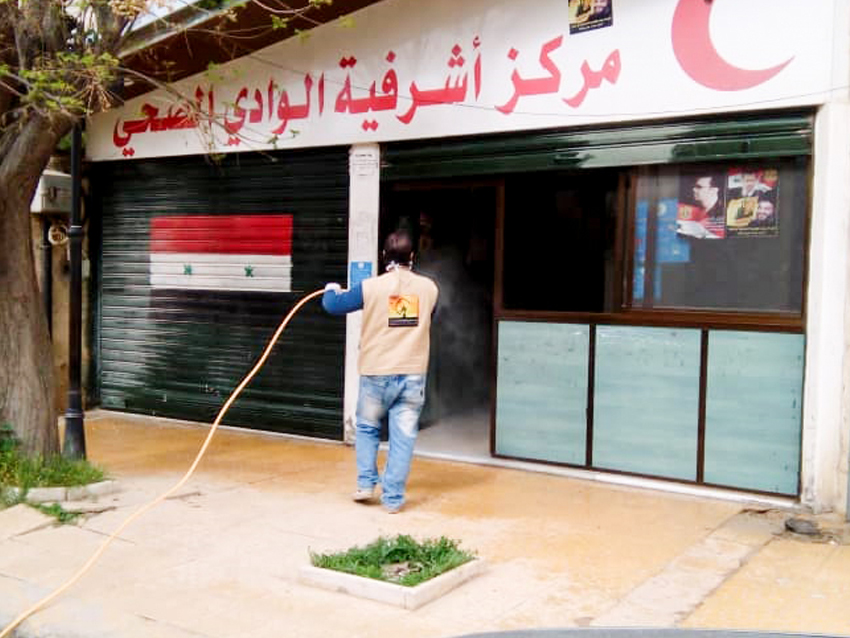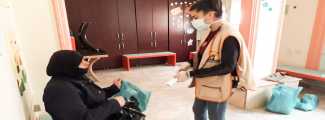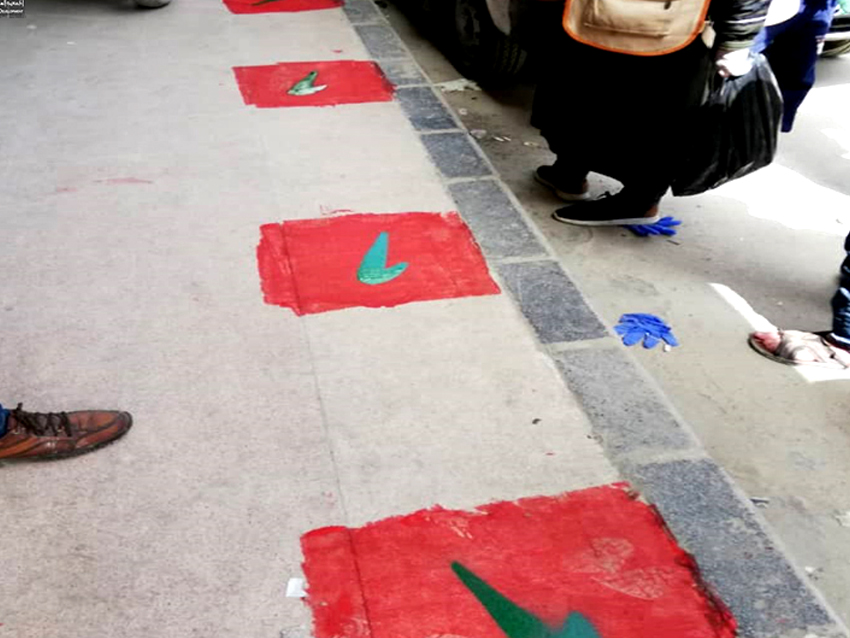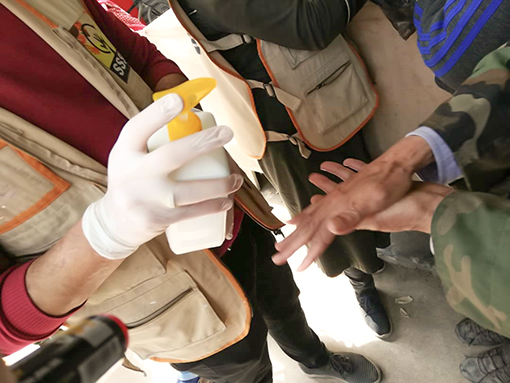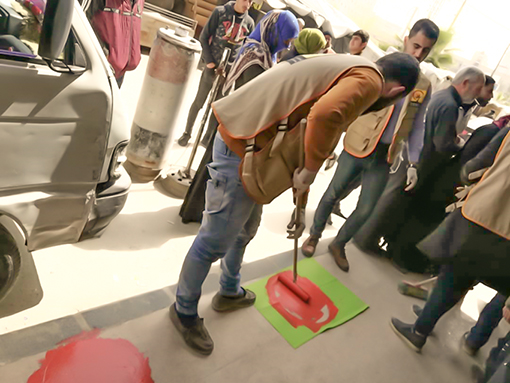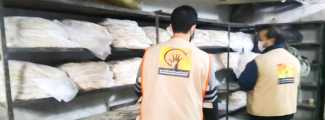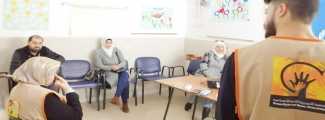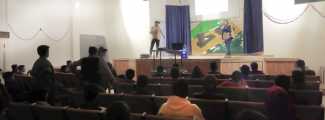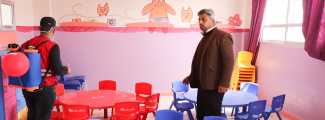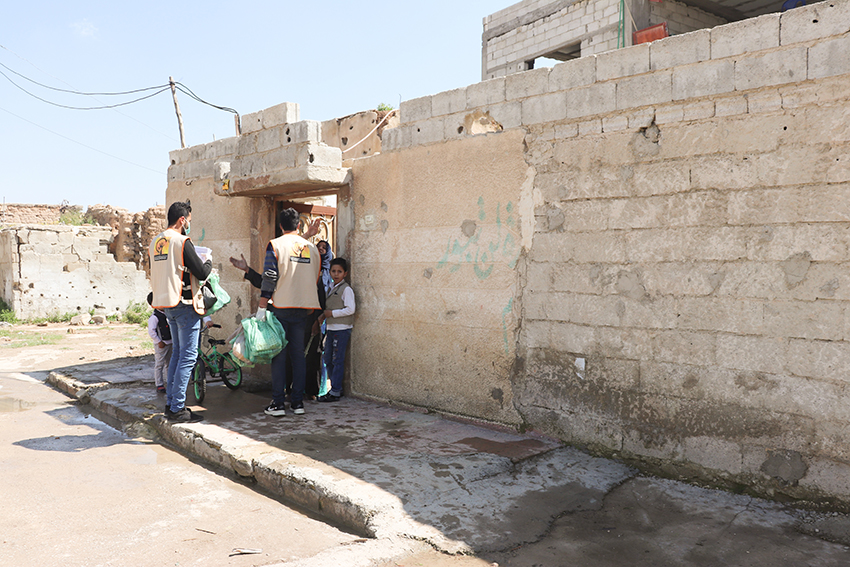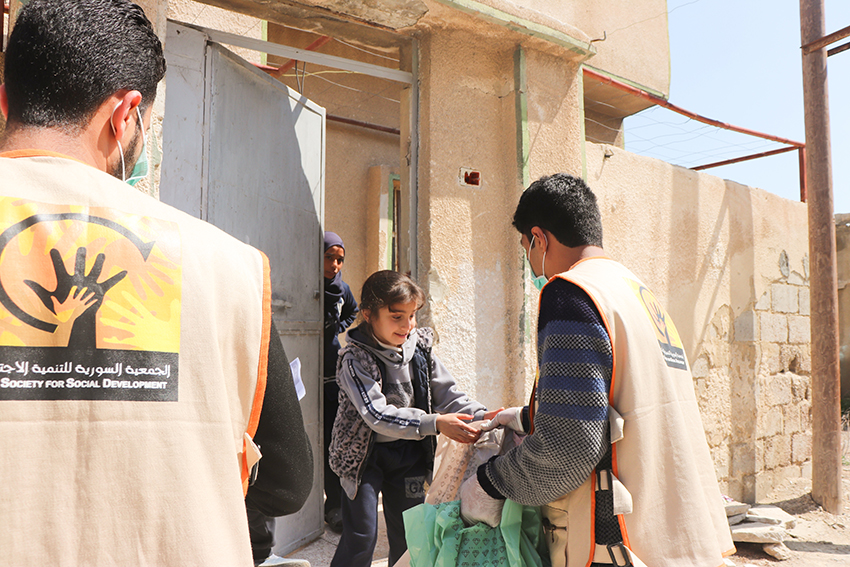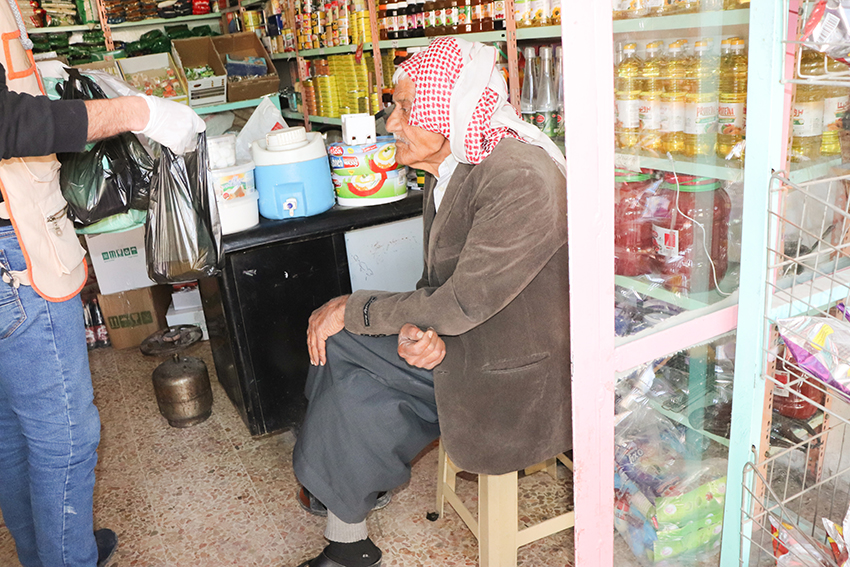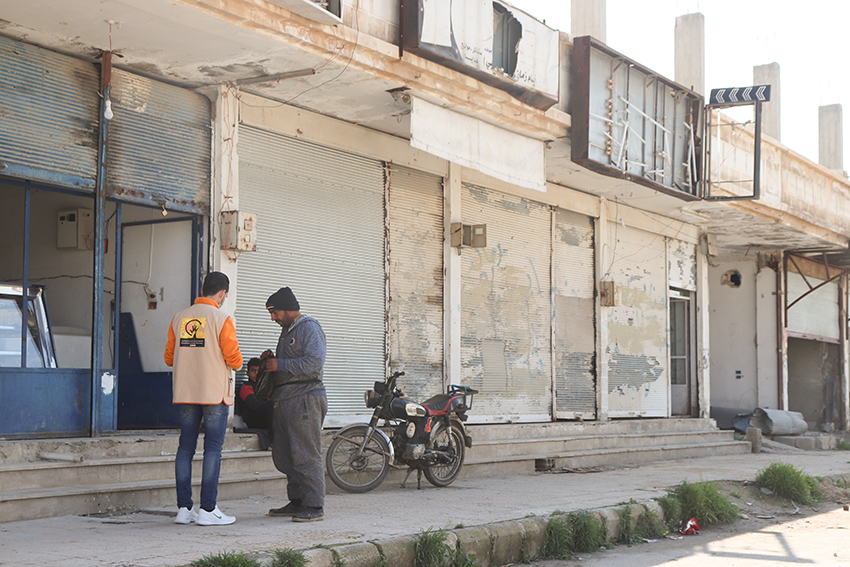In the context of precautionary measures to limit the spread of COVID-19, and with the aim of spreading community awareness about this epidemic and the need to follow preventive measures, the Syrian Society for Social Development team, in cooperation with UNHCR, implemented a sterilization initiative in Ashrafiet Al-Wadi and Jdeidet Al-Wadi, Rural Damascus, within the CLI programme.
During the initiative, the team coordinated with the municipality and party team in the area, and sterilized the most crowded places such as the municipality, dispensaries, public ovens, and public facilities.
Additionally, they distributed awareness messages to the local community, including information on the importance of personal hygiene, the correct use of disinfectants, the importance of social distancing, and the need to avoid crowded places.
Residents expressed their gratitude for the sterilization initiative, and were enthusiastic about implementing the same initiative in schools in order to protect children and ensure their safety before returning to school.

